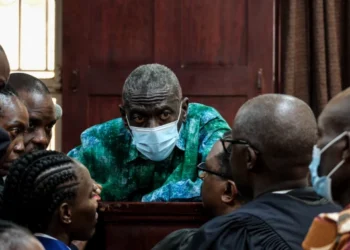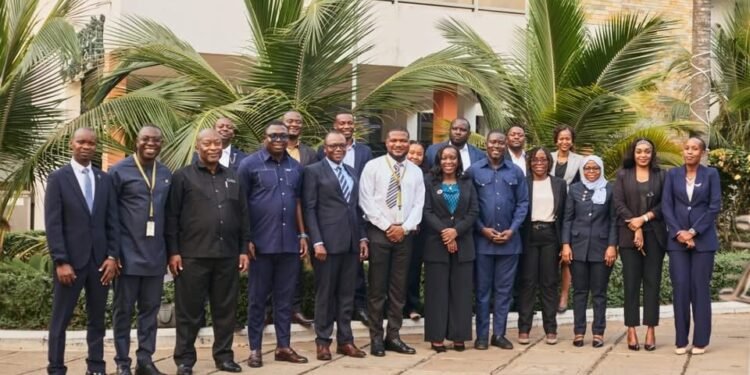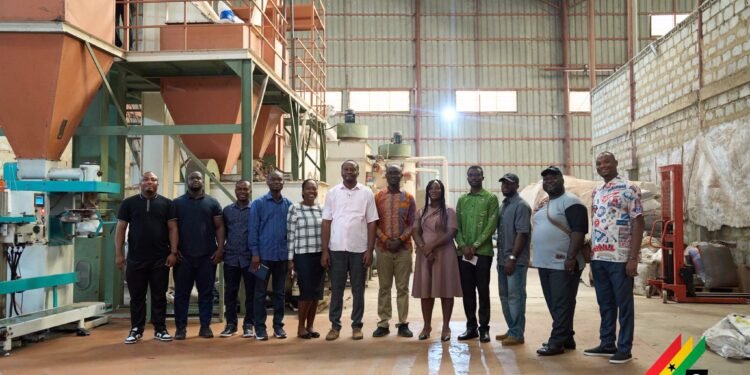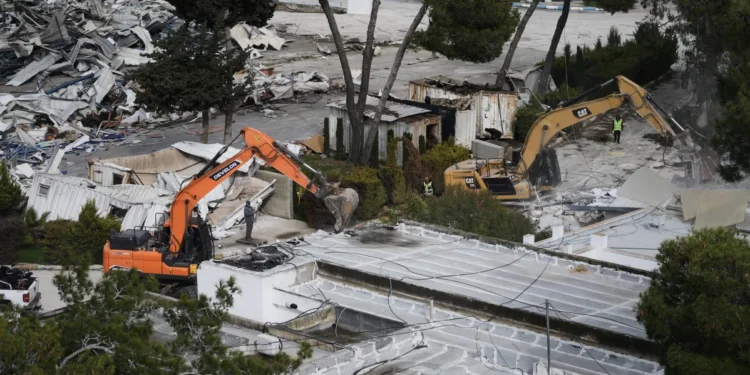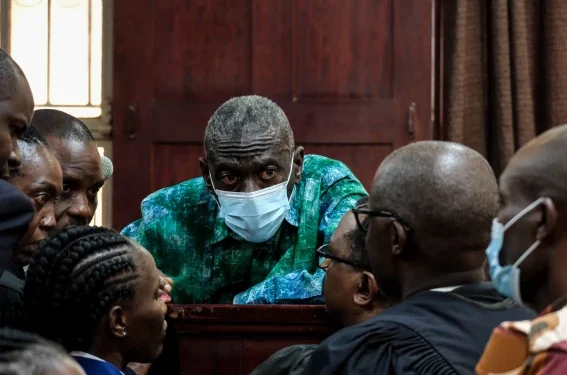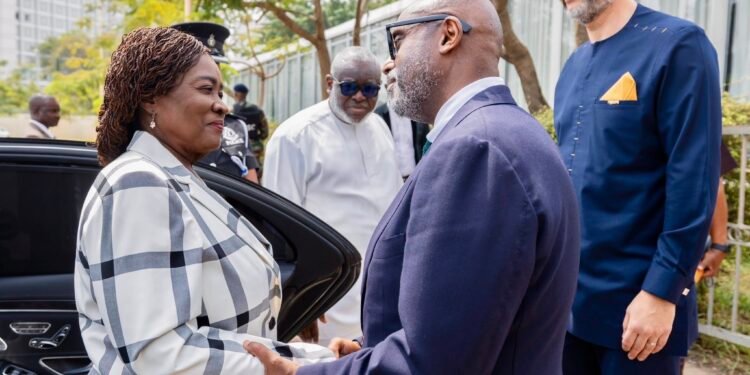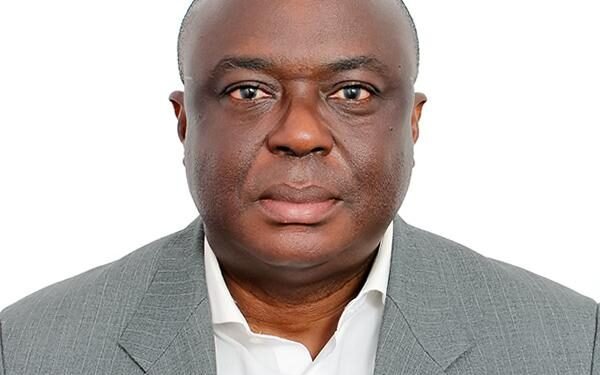Tanzanian opposition figure Tundu Lissu appeared in court on Monday to face treason charges in a trial that could carry the death penalty if he is found guilty. This marks the most serious legal threat the Chadema party leader has encountered after years of arrests and political harassment.
Despite the gravity of the situation, Lissu maintained a defiant stance. Speaking to his supporters before entering court, he said, “We will be fine, don’t worry at all.” His remarks echoed his consistent resistance to what he calls state-sponsored political repression.
The trial begins at a time when the country’s electoral commission has barred both Lissu and the Chadema party from contesting the upcoming October presidential election. The ban was imposed after Chadema refused to sign the national electoral code of conduct, a requirement the party has criticized as undemocratic and biased in favor of the ruling administration.
Lissu’s case has already drawn regional attention. Kenyan lawyer and opposition leader Martha Karua, who had travelled to Tanzania to observe the proceedings, was deported upon arrival. Tanzanian authorities stopped her and her delegation at the Dar es Salaam airport and sent them back to Nairobi the same day. Karua later described Lissu as “the main rival to Tanzania’s President Samia Suluhu Hassan.”
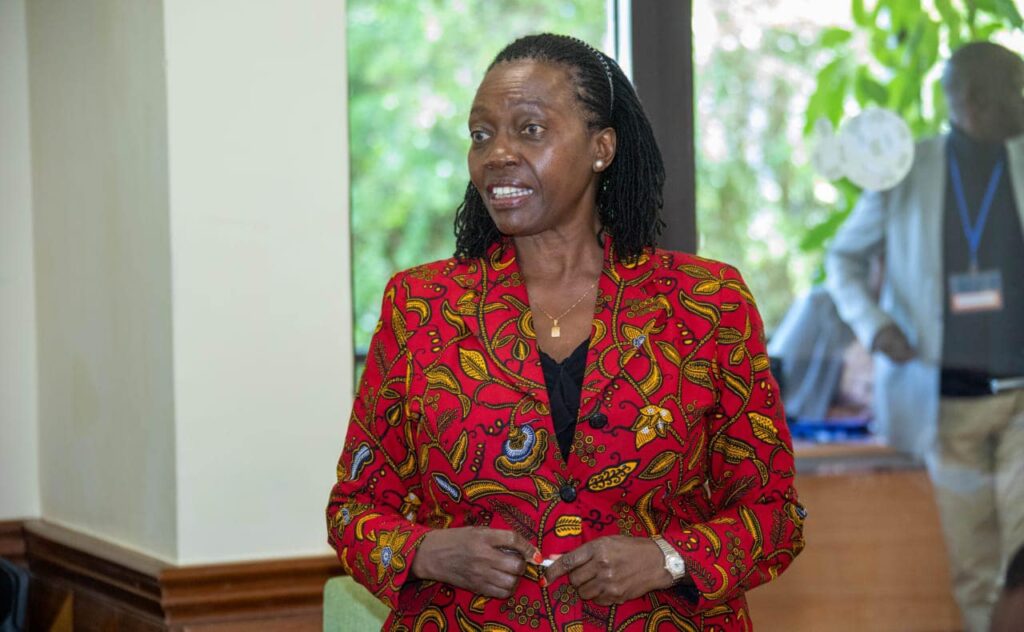
The treason charges stem from a speech in which Lissu allegedly encouraged Tanzanians to rise up and disrupt the electoral process. According to the government, such actions amount to inciting rebellion. His party’s “No Reforms, No Elections” campaign, which calls for comprehensive electoral reforms, is central to the current standoff.
Legal experts have expressed concern about using treason charges in political cases. Fulgence Massawe, a Dar es Salaam-based legal analyst, stated that the charge has become “very serious for Tanzania as part of the Commonwealth.” He added that, “such crimes often target politicians and political statements made by opposition figures.”
Treason Charge Raises Concern
Lissu’s refusal to attend a prior hearing conducted virtually from prison illustrates his stance on due process. The April 24 session was planned to be held via video link, but the opposition leader declined to participate, demanding to be physically present in court.
“It is the right of our client to be brought to court,” said Rugemeleza Nshala, who leads Lissu’s legal team. “In a criminal case, you cannot be tried at your home or elsewhere.” Nshala emphasized that proper legal procedure requires the accused to be present in court whenever summoned.
The opposition leader was arrested last month in southern Tanzania during public rallies in support of Chadema’s demands for electoral transparency. The government claims that encouraging citizens to boycott the vote constitutes an act of rebellion.
But Lissu and his allies argue that their demands are grounded in democratic principles. John Heche, Chadema’s vice chairman, who has also faced multiple arrests without charges, said the movement is aligned with the vision of Tanzania’s founding father.
“Mwalimu Nyerere said that Tanzanian youth should rebel against the oppressive system. “What is the problem with rebelling against people who steal elections, against elections being stolen?”
John Heche
The situation has also drawn international criticism. The International Democratic Union (IDU), a global alliance advocating for democratic governance, issued a statement in late April expressing “grave concern” over Lissu’s ongoing detention and what it described as “escalating political persecution.”
The IDU added, “Demanding electoral reform and free elections is not treason — it is the very essence of democracy,” and called for Lissu’s immediate release as well as the restoration of Chadema’s right to participate fully in the electoral process.
As the trial unfolds, Tanzania’s political climate remains tense. Many will be watching closely, both within the country and beyond its borders, to see whether justice will prevail or whether this case becomes another chapter in the suppression of dissent.
READ ALSO: Bawah Mogtari Pushes for Fair Pricing to Match Cedi Gains




